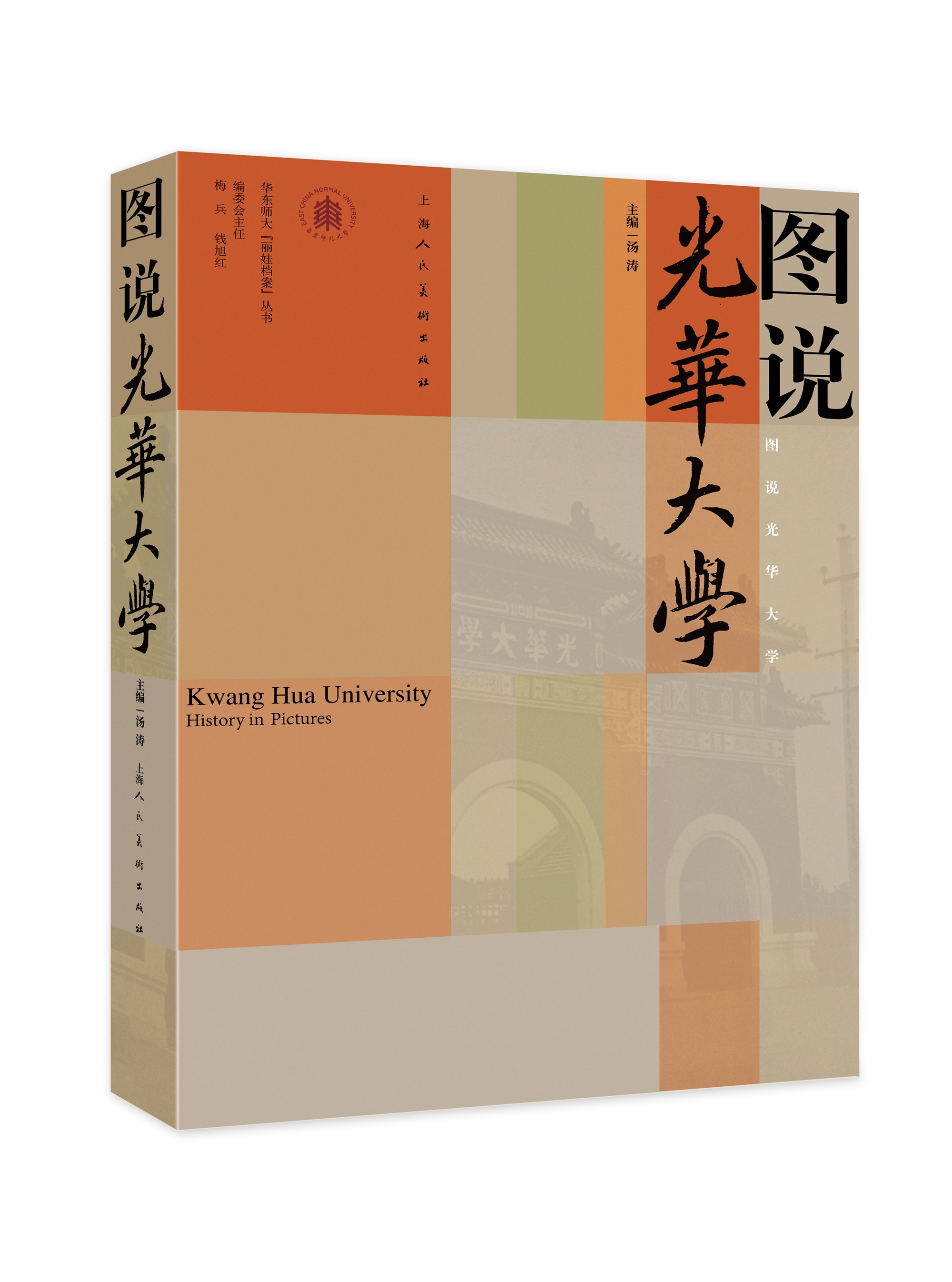“Improved Dual System ABE in Prime-Order Groups via Predicate Encodings,”the latest research achievement published by Dr. Chen Jie, associate professor at ECNU’s School of Information Technology, in conjunction with two scholars from ENS Pairs, has been accepted by EUROCRYPT, a conference for cryptography research.

Chen Jie (back) and his student.
In recent years, with the rapid development of mobile network terminal access, cloud storage platforms, and other emerging types of network applications, ever-changing technology has heightened both convenience and concerns about information safety and privacy. How to prevent data from being monitored in the process of transmission has become an especially hot issue. Data encryption, as the main research object of cryptography, is an important tool in solving this problem.
Attribute-based encryption (ABE) is a new paradigm for public-key data storage that enables fine-grained access control of encrypted data. The security requirements of ABE enforce resilience to “collusion attacks.” Specifically, any group of users holding secret keys for different values can learn nothing about the plaintext if none of them is individually authorized to decrypt the ciphertext. This should hold even if the adversary adaptively decides which secret keys to ask for.
To obtain a more efficient, adaptively secure ABE, Chen Jie and the two scholars from ENS Pairs — namely, Romain Gay and Hoetech Wee — created a modular framework for the design of efficient, adaptively secure ABE schemes for a large class of predicates under the standard k-Lin assumption in prime-order groups. This is the first uniform treatment of dual system ABE across different predicates and across both composite and prime-order groups. Via this framework, they have obtained concrete efficiency improvements for several ABE schemes. Their framework introduces three novel components in comparison to prior works: (i) new techniques for simulating composite-order groups in prime-order ones, (ii) a refinement of prior encoding frameworks for dual system ABE in composite-order groups, and (iii) an extension to weak attribute-hiding predicate encryptions (which includes anonymous identity-based encryption as a special case).
Born in the late 1980s, Chen Jie has focused his research on new code encryption systems such as identity based encryption and ABE and has made many significant advances in recent years. In 2013, he published,“Fully, (Almost) Tightly Secure IBE and Dual System Groups” in CRYPTO as the first and address author. That work successfully explained “identity based encryption IBE tight reduction”, an unsolved question that has troubled may cryptography scholars for years, for the first time.


















